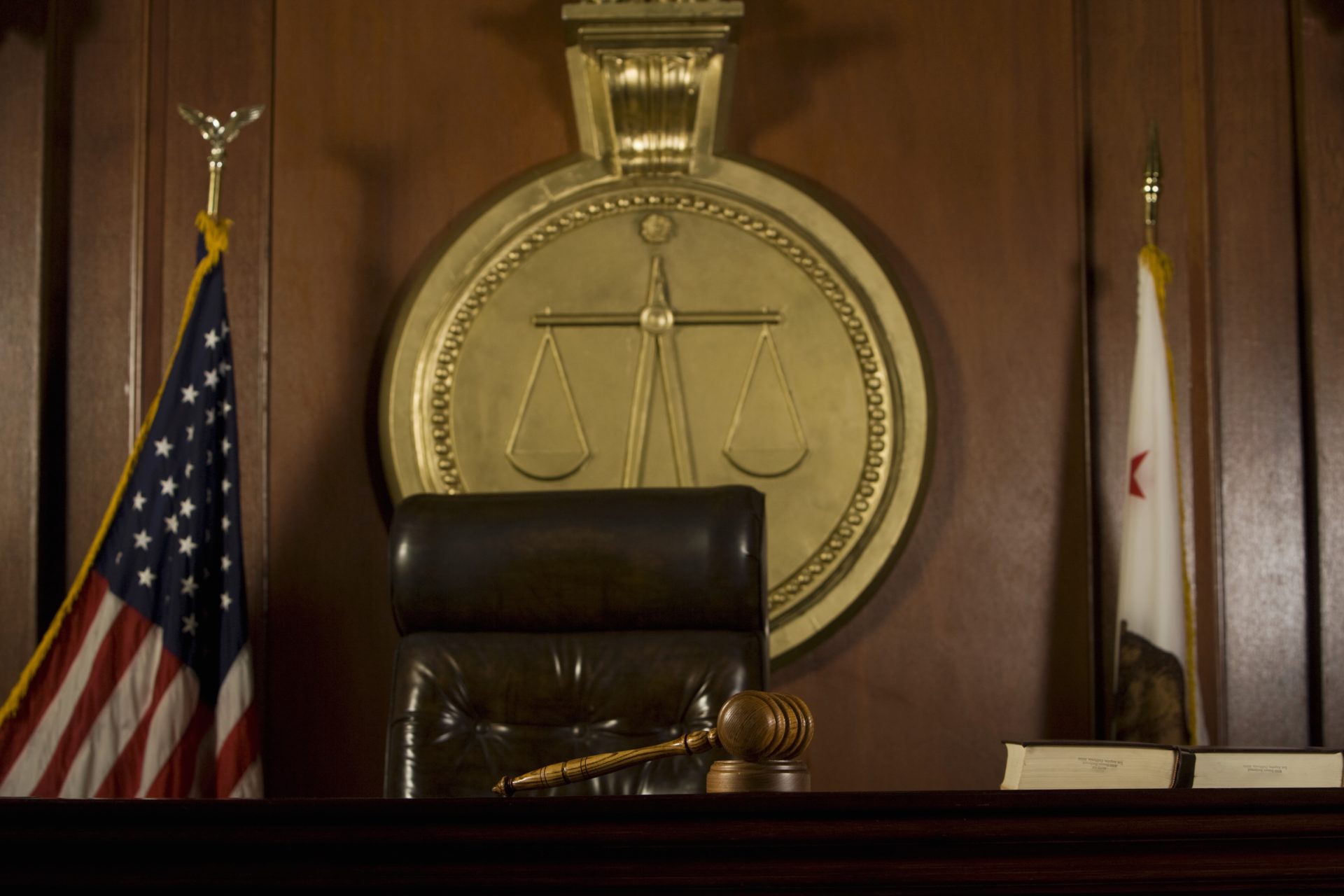The U.S. Supreme Court will hear arguments Wednesday in the case of a Tulsa Muslim who was denied a job at Abercrombie & Fitch because she wears a head covering.
The case has gotten national attention.
Samantha Elauf was 17 years old in 2008 when she applied for a job at the Woodland Hills Mall’s Abercrombie & Fitch store. She wore a black hijab to the job interview, but the subject of religion did not come up.
According to court documents, assistant manager Heather Cooke wanted to hire Elauf but was told by her district manager, Randall Johnson, not to hire her because she wears a head scarf.
Elauf contacted the Oklahoma chapter of the Council on American-Islamic Relations, which helped her file a religious discrimination suit with the U.S. Equal Employment Opportunity Commission (EEOC), based on federal law that requires employers to reasonably accommodate the religious practices of their employees if they can do so without suffering undue hardship.
According to court documents, Johnson testified in the case that he would have taken the same action with respect to any headwear, whether a headscarf, a yarmulke, a hat, a ball cap or a helmet, because each conflicted with the store’s “Look Policy.”
Abercrombie & Fitch attorneys said in a court filing that Johnson made no disparaging remarks about Elauf, Islam or the head scarf.
They said the store protects and promotes its brand through its Look Policy and that “the appearance of a company’s employees may contribute greatly to the company’s image and success with the public.”
The Associated Press reported that Abercrombie & Fitch settled two other similar lawsuits and has changed its policy to allow its sales clerks to wear a head covering.
In 2011, a federal jury awarded Elauf $20,000 in compensatory damages but no punitive damages. At that trial, she testified that she felt insulted and disrespected when she learned she was not hired because of the head covering.
The store appealed the decision, and in 2013 a federal appeals court ruled against Elauf, saying that she had not explicitly told the store she needed a religious exemption from the dress code.
The EEOC appealed that decision to the U.S. Supreme Court, which announced last fall it would hear the case.
A key element in the case is whether Elauf had an obligation to notify Abercrombie & Fitch that she was seeking a religious exemption. The court is expected to rule on the case in late spring or early summer.
Adam Soltani, CAIR-Oklahoma executive director, said that Oklahoma has had several hijab cases, involving a school, a bank and driver’s license applications.
“It’s one of the top complaints we’re gotten over the years, and one of the biggest challenges that Muslim women face in Oklahoma,” he said. “It’s a very visible sign of their faith observance.”
Elauf, who now works at a store in Brookside, could not be reached for a comment, but Soltani said she has been advised by her EEOC attorneys not to discuss the case.

